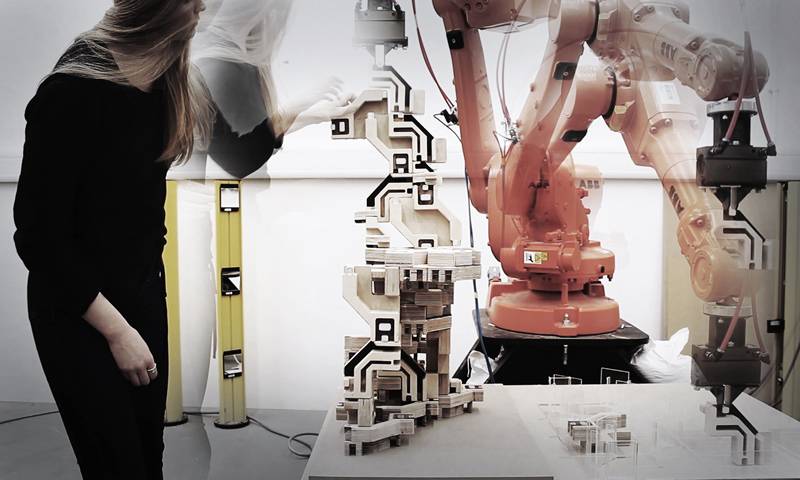Prospectives Lecture Series Spring 2019
16 January 2019–03 June 2019, 1:00 pm–2:00 pm
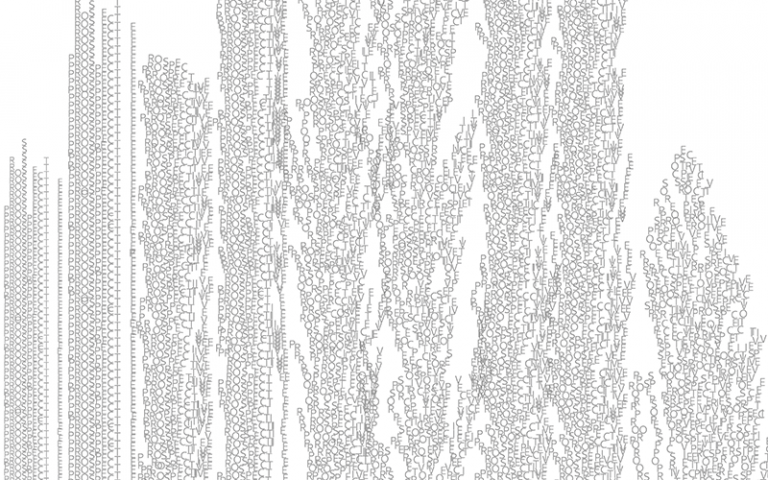
A B-Pro History and Theory lecture series, highly recommended for Architectural Design, Urban Design and Architectural Computation students as well as interested professionals.
Event Information
Open to
- All
Organiser
-
The Bartlett School of Architecture020 3108 7337
Location
-
Various locations22 Gordon StreetLondonWC1H 0QBUnited Kingdom
The B-Pro Prospectives History and Theory Lecture Series offers a platform for presentation, discussion and theoretical reflection upon the links between digital thought, architecture, and urban design. This year's series of talks emphasise the key role computation plays within complex design synthesis and their cultural implications.
This series encourages and inspires the current student body and interested professionals, by creating conversations about topics addressing academia, practice and beyond as well as overall disciplinary concerns and frontiers.
B-Pro, or Bartlett Prospective, groups together five of the school's graduate programmes with a unique philosophy and shared approach to the future of design, architecture and the urban environment. The B-Pro Prospectives lecture series is organised by Roberto Bottazzi and Daniel Koehler.
The Lectures
Spring 2019
- Bio-Computation Symposium (Postponed)
**Please note: this event has been postponed until further notice**
Abstract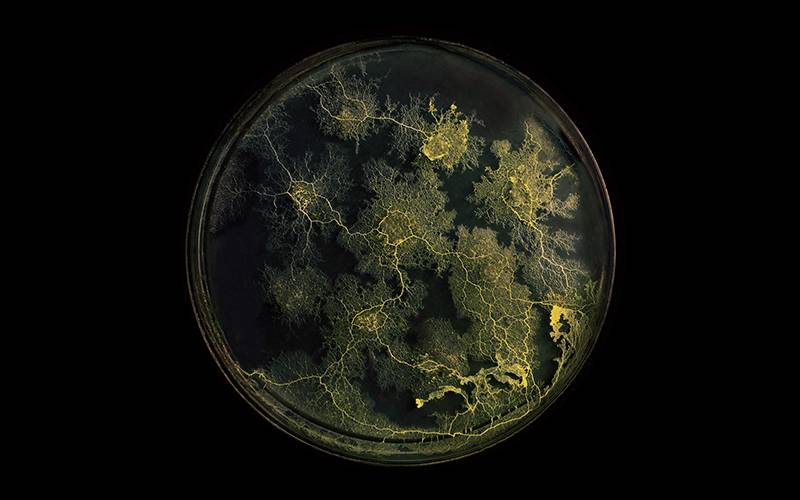
This seminar investigates how multiple forms of intelligence, both human and non-human are currently influencing the evolution of technical, cultural and visual domains of knowledge. We will question how to mobilize these forms of intelligence to redefine the way we inhabit the planet.
Schedule
13:00 – Welcome and introduction from Claudia Pasquero, Director of the Urban Morphogenesis Lab at The Bartlett, Co-Director of ecoLogicStudio, Professor of Landscape Architecture at Innsbruck University and senior staff member at the Institute for Advanced Architecture of Catalonia
13:20 – Fiorenzo Omenetto, Professor of Engineering and Professor of Biomedical Engineering, Tufts University, Massachusetts
13:40 – Andrew Adamatzky, Professor of Unconventional Computing and Director of the Unconventional Computing Laboratory, University of West England
14:00 – Silvia Vignolini, Reader in Chemistry and Bio-inspired materials, Cambridge University
14:20 – Darren Nesbeth, Associate Professor at the Department of Biochemical Engineering, University College London
14:40 – Final questions and round table- 30 January – Raoul Bunschoten
13:00 – 14:00, Wednesday 30 January in room 1.02
Conscious City
Biography
Raoul Bunschoten is Professor of Sustainable Urban Planning and Urban Design at the Technische Universität, Berlin (TU Berlin). He is a specialist in Smart City planning and is involved in a range of Smart City and low carbon developments in China.
Raoul is also founder and director of urban planning and architectural design company, CHORA, who aim to address climate change challenges.
Raoul is a member of the Climate KIC Sustainability City Platform, and is co-founder of an Urban Lab for Smart City research at TU Berlin. Raoul’s research focuses on the study of complex dynamics in urbanism such as the Urban Gallery, which is an interactive planning support tool for Intelligent City Systems.
- 06 February – Luciana Parisi
13:00 – 14:00, Wednesday 06 February, in room 1.02
Against Nature: The Technological Consciousness of Architectural Design
Abstract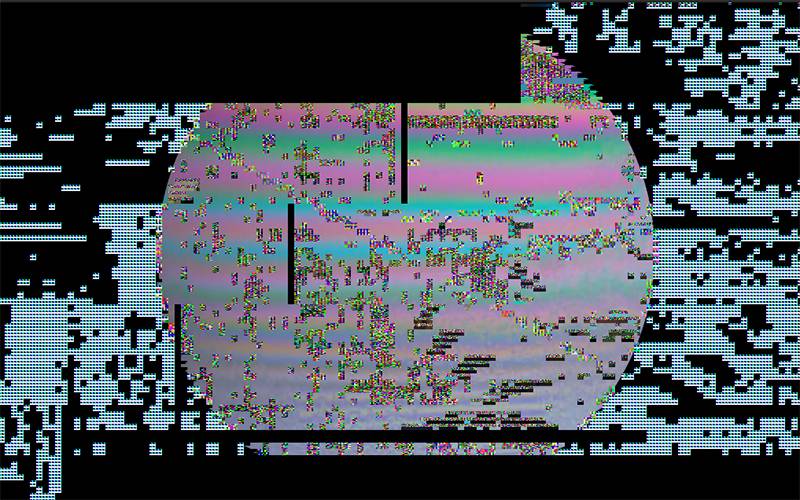
In the last fifteen years, the generic function of computation – or the rule-based processing of data behavior – has come to dominate the future image of architectural design. This hypernatural image of computational design has become saturated with infinite junk data, which establishes an equivalence between the creativity of nature and machines.
However, the new possibility of naturalising design risks explaining away how technology has became an alien mode of thinking that can be said to correspond to the formation of technological consciousness.
Biography
Luciana Parisi is a Senior Lecturer and runs the MA program in Interactive Media: Critical Theory and Practice at the Centre for Cultural Studies at Goldsmiths University of London. She researches the philosophical consequences of technology in culture, aesthetics and politics.
Luciana is the author of Abstract Sex: Philosophy, Biotechnology and the Mutations of Desire, and Contagious Architecture: Computation, Aesthetics and Space. She is currently researching the history of automated reason and the transformation of logical thinking in machines.
Image: Pasted Graphic, by Luciana Parisi
- 11 February – Michael Young
14:00 – 15:00, Monday 11 February in room G.12
Fear of the Mediated Image
Abstract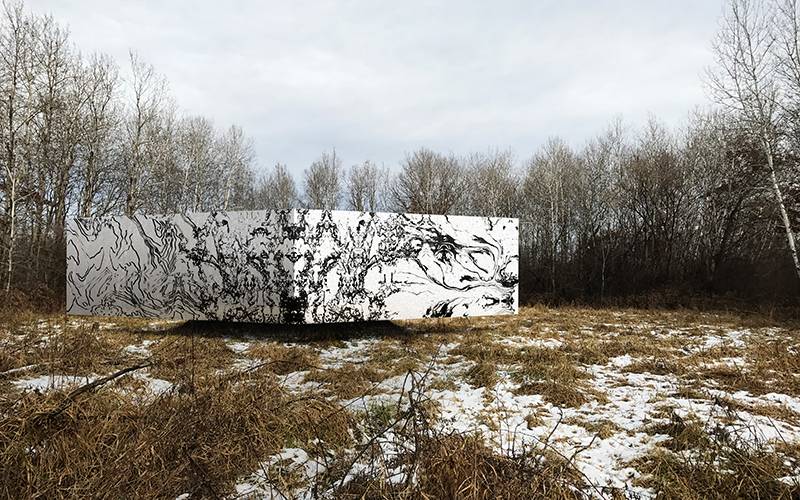
Michael Young discusses the digital image culture of architecture and questions assumptions regarding the fear of the image. Specifically, he investigates photography's relation to realism, digital vs. mechanical reproduction, and the ties between aesthetics and politics when considering images.
Biography
Michael Young is an architect and an educator practicing in New York City, and founding partner of the architecture and urban design practice Young & Ayata. He is currently an Assistant Professor at The Irwin S. Chanin School of Architecture at the Cooper Union.
Formerly, Michael, was a Visiting Assistant Professor at Princeton University and a Visiting Lecturer at Southern California Institute of Architecture. In the Fall of 2016 he was the Louis I. Kahn Visiting Assistant Professor at Yale University. Michael received his Masters of Architecture from Princeton University and his Bachelor of Architecture from Cal Poly San Luis Obispo. Michael is a Registered Architect in the State of New York.
Image: Sonic Hut – Reflektor, by Michael Young
- 13 February – Delfina Fantini van Ditmar
14:00 – 15:00, Wednesday 13 February in room G.12
Taking the Code for a Walk
Abstract
This lecture will trace the origins of the Algorithmic Paradigm and will analyse the implications this framework has in the conceptualisation and understanding of space. Through an analysis of ‘smart' devices, this lecture will present a series of controversies and will present the ambiguities of the quantified approach inherent in current notions of ‘smart’ technology.
Biography
Dr Delfina Fantini van Ditmar holds a BA in Biology and completed her PhD at the Royal College of Art in London with a thesis entitled: The IdIoT. Her research focuses on questioning and critically analysing the embedded epistemology of the Internet of Things (IoT) in the context of 'smart' technology.
Image: Happiness-Dubai, by Delfina Fantini van Ditmar.
- 13 March – Mollie Claypool
13:00 – 14:00, Wednesday 13 March in room 1.02
Discrete Feminism: a contextualisation of the discrete within theoretical frameworks for equality and equity
Biography
Mollie is a lecturer in Architecture at The Bartlett. She co-directed the Architecture BSc programme from 2014–18 and was Design Tutor for Unit 19 from 2012–18.
- 25 April – Open Seminar: Mereologies
14:00 – 17:00, Thursday 25 April in room 6.02
Symposium on Theories of Parts, distributive thinking and their architectures
Abstract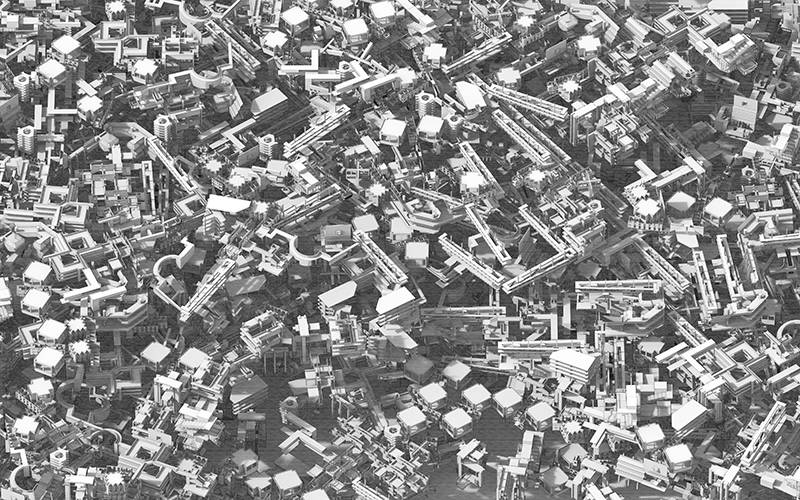
Mereology is that which describes the relationship between parts and their whole. It has always played an important role in architecture whether as part of an order, a harmonious joining of building components, as part of a representation of space, a partition of spaces, or a contradiction to it.
Every form of architecture begins with an idea of how parts become a whole, and how this whole relates to other parts. But the sheer performance of today's computation makes it possible to form a world without a whole, without any third party or third object.
In this symposium we discuss the theories and the specifics of part-relations. On the difference between parts and the whole, on the sharing of machines and their aesthetics, on the difference between distributive and collective, their ethical commitments, and the possibilities of building mereologies.
Schedule
14:00 – Mereologies: Welcome by Daniel Koehler.
14:20 – Giorgo Lando: Mereology and Structure.
14:50 – Jordi Vivaldi Piera: The Form of Matter.
15:15 – David Rozas: Distributive ledgers, the commons and models of participation.
15:40 – Crumbs to Biscuits.
16:00 – Round Table Discussion with Emmanuelle Chiappone-Piriou, Jose Sanchez, Casey Rehm and questions from the audience.
17:30 – Open End.- 22 May – Open Seminar: The Politics of the Digital
14:00, Wednesday 22 May in room G.12
Abstract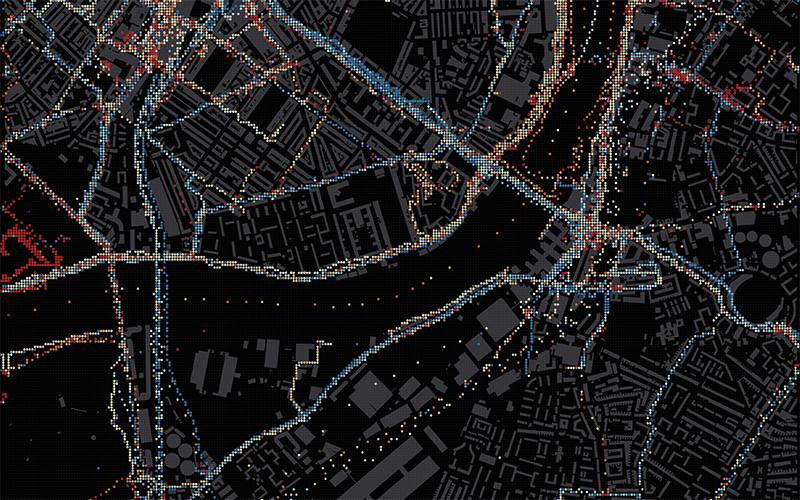
This seminar explores the political agency of digital technologies and their different consequences regarding the role of architectural practice.
Schedule
14.00 – Introduction: On Distribution by Roberto Bottazzi
14.20 – Euan Mills: The Future of Planning
14.50 – Silvio Carta: What and How Computers See?
15.20 – Dan McQuillan: AI Apartheid
15.50 – Roundtable discussionSpeakers
- Roberto Bottazzi, The Bartlett School of Architecture
- Euan Mills, Future Cities Catapult
- Silvio Costa, University of Hertfordshire
- Dan McQuillan, Goldsmiths University
Image: Pedestrian data traces in London, 2019. (S. Guo, P. Prajapati, L. Wei and H. Wu.)
- 3 June – Keller Easterling
18:30 – 19:30, Monday 03 June in the Christopher Ingold Auditorium
Medium Design
Abstract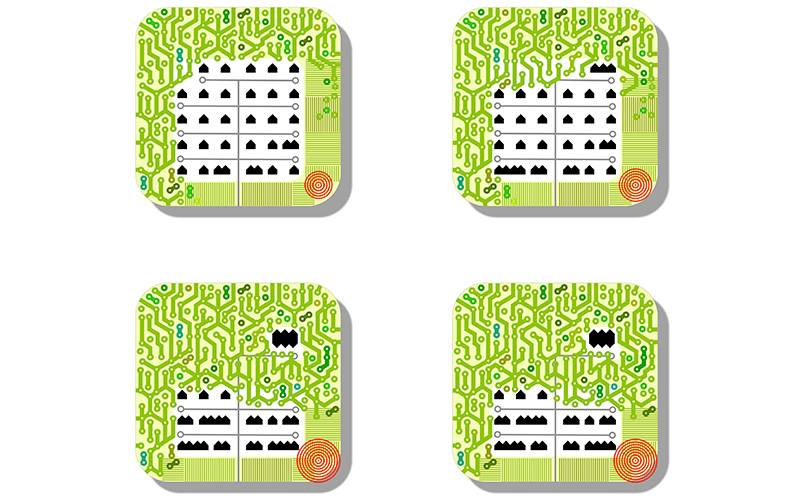
Medium Design finds expanded means to generate change on the flip side of some dominant cultural habits. Inverting the authority given to declarations, master plans, standards or laws, Medium Design discovers extra political and aesthetic capacities in, activity, latency, indeterminacy, entanglement, heavy information, failure, temperament, and discrepancy.
Image: Kenya Forest Composite, by Keller Easterling
 Close
Close


